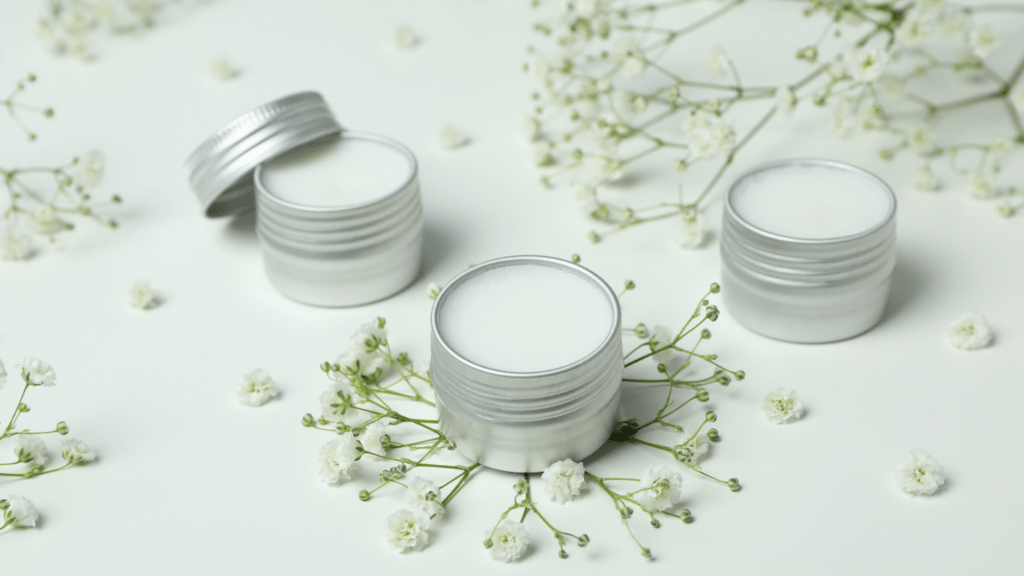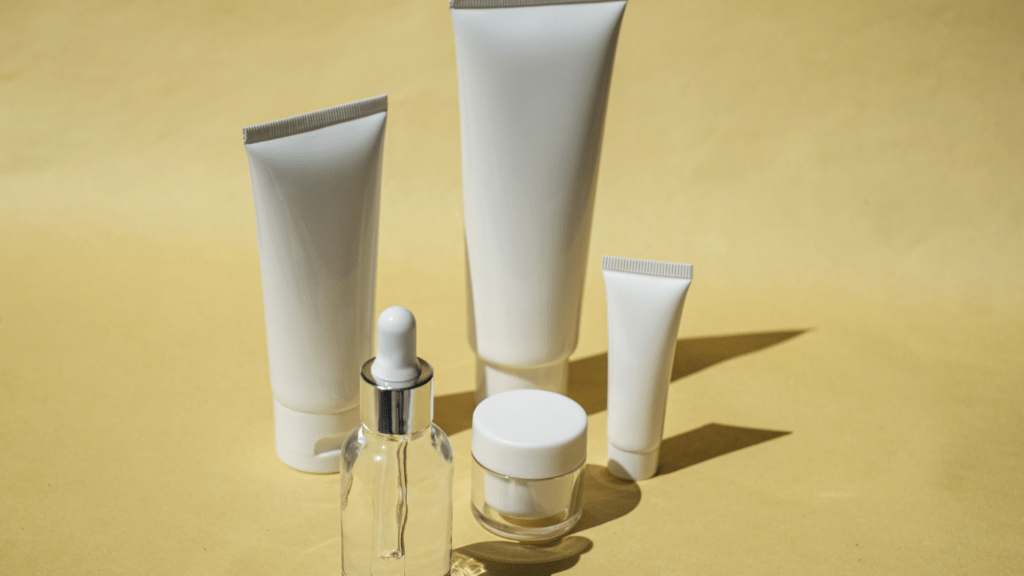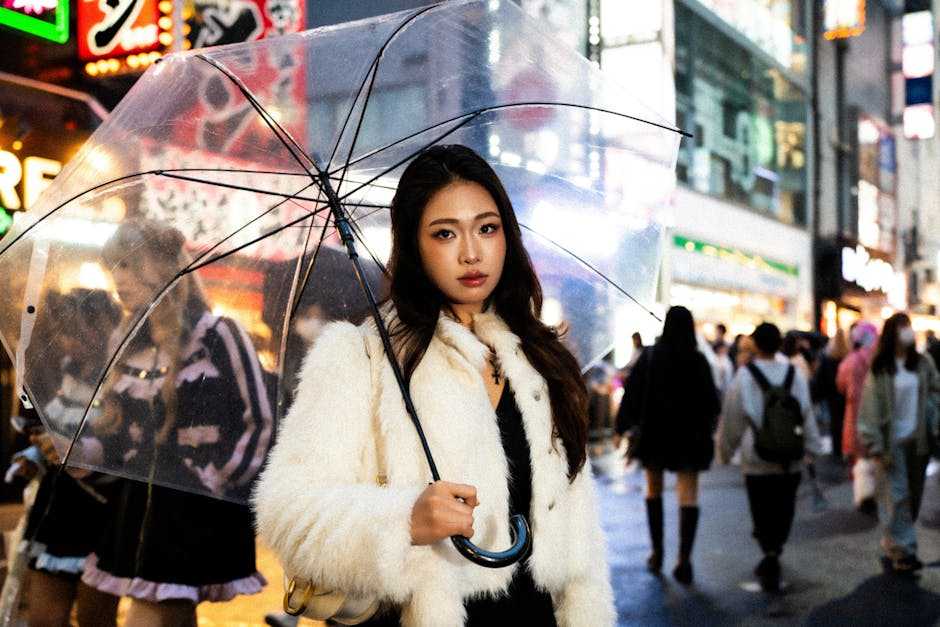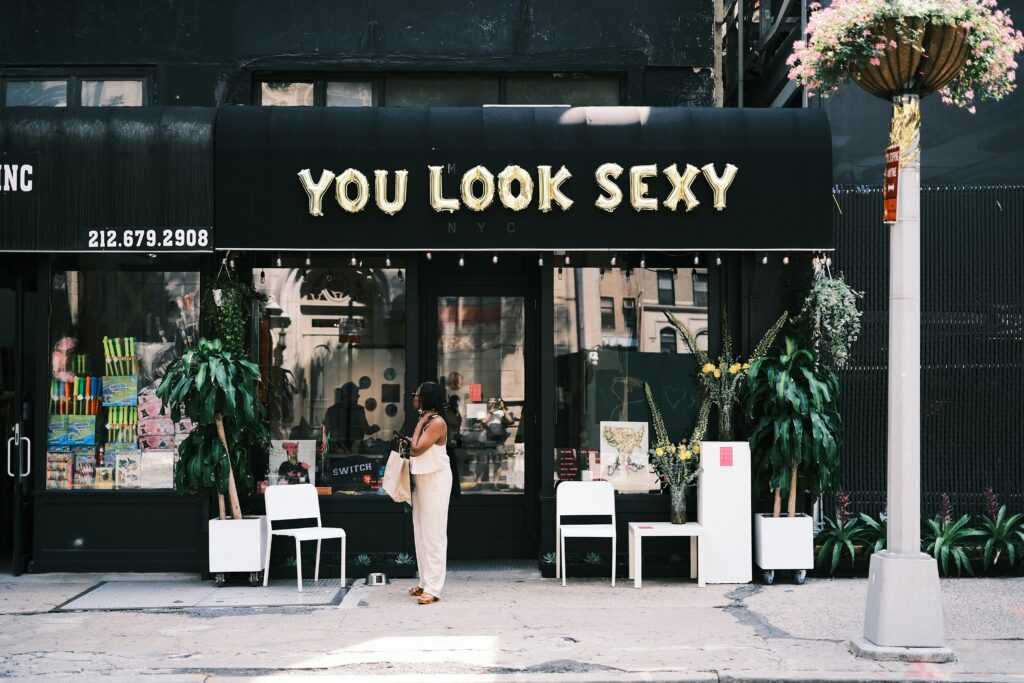Understanding Vegan and Cruelty-Free Beauty
Vegan and cruelty-free beauty focuses on ethical product production. It’s crucial to understand the difference between the two terms. Vegan beauty products contain no animal-derived ingredients, like beeswax and collagen. Cruelty-free means products weren’t tested on animals at any stage of development.
Many consumers assume that vegan and cruelty-free mean the same thing, but that’s not the case. A product can be vegan but still tested on animals, and vice versa. Brands often label products as vegan, cruelty-free, or both, to inform consumers about their practices.
Cruelty-free certifications come from reputable organizations. Examples include Leaping Bunny, PETA, and Choose Cruelty-Free. These organizations set strict standards for animal testing policies.
Vegan certifications ensure no animal-derived ingredients. Examples include Vegan Action and The Vegan Society. These certifications help consumers make informed choices about their beauty products.
Understanding these distinctions is vital for those seeking ethical beauty options. It ensures the products align with personal values regarding animal welfare and environmental impact.
The Rise of Vegan and Cruelty-Free Cosmetics
Vegan and cruelty-free cosmetics have seen a significant rise in recent years. This progression marks an important shift in both consumer preferences and industry practices.
Historical Background
The movement towards ethical beauty began in the 1990s. Activists and organizations started campaigns against animal testing, creating widespread awareness. Brands like The Body Shop led the charge by promoting cruelty-free products. Over two decades, this movement gained traction due to increased environmental and ethical concerns.
Key Milestones and Trends
Significant milestones include the European Union’s ban on animal testing for cosmetics in 2013. This regulation played a pivotal role, influencing other countries and regions. In 2018, California became the first US state to pass a law banning animal-tested cosmetics, setting a precedent for others.
Trends show a growing demand for transparency and accountability. Consumers now prioritize brands displaying certifications like Leaping Bunny and The Vegan Society. The rise of social media has further amplified the vegan and cruelty-free movement, making information more accessible. Influencers and celebrities endorsing ethical brands have boosted visibility, contributing to the growing popularity of these products.
Benefits of Vegan and Cruelty-Free Products
Vegan and cruelty-free beauty products offer significant advantages that appeal to a growing number of consumers. These benefits span ethical, health, and environmental aspects.
Ethical Considerations
Choosing vegan and cruelty-free products aligns with ethical standards that prioritize animal welfare. Utilizing ingredients free from animal-derived substances ensures no harm comes to animals during production. Companies committed to cruelty-free practices avoid animal testing at any stage of product development. These ethical considerations resonate with consumers who support humane practices and value transparency.
Health and Environmental Benefits
Vegan and cruelty-free products often contain fewer synthetic chemicals and more natural ingredients, translating to better skin health. Absence of harsh preservatives and animal by-products reduces risks of skin irritation and allergies. Environmentally, vegan and cruelty-free products have a lower ecological footprint. They typically generate less waste and utilize sustainable practices. This approach supports biodiversity and reduces pollution, reflecting a commitment to environmental stewardship.
Key Ingredients to Look For
Identifying the right ingredients in vegan and cruelty-free beauty products ensures their effectiveness and aligns with ethical standards.
Plant-Based Alternatives
Several plant-based alternatives replace animal-derived ingredients in beauty products:
- Aloe Vera: Offers hydration, soothes skin, and promotes healing. Commonly found in moisturizers and after-sun products.
- Coconut Oil: Acts as a moisturizer, makeup remover, and anti-bacterial. Widely used in hair masks and skin creams.
- Shea Butter: Provides deep hydration and improves skin elasticity. Often included in body lotions and lip balms.
- Jojoba Oil: Mimics natural skin oils, balances oily skin, and promotes collagen synthesis. Found in facial oils and serums.
- Green Tea Extract: Provides antioxidants, reduces inflammation, and protects against environmental damage. Commonly present in toners and anti-aging creams.
Each plant-based ingredient offers unique benefits, making them crucial in vegan and cruelty-free formulations.
Harmful Ingredients to Avoid
Awareness of harmful ingredients helps in selecting safe and ethical beauty products:
- Parabens: Act as preservatives but linked to hormone disruption and cancer. Commonly found in shampoos and skincare products.
- Sulfates: Create lather but strip natural oils and cause skin irritation. Often present in cleansers and shampoos.
- Phthalates: Used to increase flexibility but linked to reproductive issues. Found in fragrances and nail polishes.
- Formaldehyde: Preserves products but is a known carcinogen. Common in hair treatments and nail hardeners.
- Synthetic Fragrances: Cause allergic reactions and are often petroleum-based. Found in perfumes, lotions, and hair care products.
Avoiding these harmful ingredients ensures safer and more ethical beauty choices.
By focusing on plant-based alternatives and avoiding harmful ingredients, consumers support ethical practices while ensuring their skincare regimen is both effective and safe.
Popular Brands Leading the Movement

The push for vegan and cruelty-free beauty is reshaping the cosmetics landscape. Several brands are at the forefront of this ethical beauty revolution.
Mainstream Brands
- The Body Shop
An early advocate of cruelty-free practices, The Body Shop has continued its commitment to ethical beauty. They’ve obtained certifications from organizations like Leaping Bunny and PETA. Their products, such as the Tea Tree Oil line and Body Butters, exclude animal testing from development to final production. - Lush
Renowned for its handmade, vegan-friendly products, Lush emphasizes transparency in ingredient sourcing. Their popular items include Bath Bombs and Fresh Face Masks, all created without animal testing. Certifications from Vegan Action and Cruelty-Free International confirm their ethical stance. - Tarte
Tarte has emerged as a leader in delivering high-quality, cruelty-free cosmetics. Their vegan offerings, like the Shape Tape Concealer and Amazonian Clay Foundation, showcase their dedication to both performance and ethics. Their certification from PETA strengthens their credibility in the market.
- Herbivore Botanicals
Herbivore Botanicals combines minimalism with vegan and cruelty-free standards. Known for products like the Blue Tansy Resurfacing Clarity Mask and Phoenix Facial Oil, they focus on natural ingredients and eco-friendly packaging. Their certifications from Leaping Bunny and Vegan Action underscore their ethical values. - Biossance
Biossance leverages biotechnology to create effective, sustainable beauty solutions. Their Squalane + Vitamin C Rose Oil and Squalane + Omega Repair Cream are prominent examples. Certifications from the Environmental Working Group and PETA verify their cruelty-free claims. - OSEA
OSEA employs seaweed-based formulations for clean, vegan products. Their Ocean Cleanser and Atmosphere Protection Cream exemplify their dedication to marine-sourced, cruelty-free skincare. Leaping Bunny certification validates their commitment to ethical beauty.
These brands, both mainstream and niche, illustrate the diverse landscape of vegan and cruelty-free beauty, making ethical choices accessible across demographics and preferences.
Consumer Behavior and Market Demand
The shift towards vegan and cruelty-free beauty reflects changes in consumer behavior and drives market growth. With more people becoming conscious of the ethical and environmental impacts of their choices, there’s a significant push for transparency and sustainability in the cosmetics industry.
Changing Preferences
Surveys show a rising preference for vegan and cruelty-free products. In a 2021 survey by Statista, 35% of US consumers reported seeking out vegan beauty options. Younger demographics, particularly Gen Z and millennials, lead this trend. They prioritize ethical considerations over brand loyalty, influencing brands to adopt cruelty-free and vegan practices. Additionally, social media platforms amplify these preferences as influencers and celebrities endorse ethical beauty products.
Market Growth and Projections
The vegan and cruelty-free beauty market is expanding rapidly. Grand View Research valued the global vegan cosmetics market at $12.9 billion in 2022, projecting it to grow at a compound annual growth rate (CAGR) of 6.3% from 2023 to 2030. This growth is driven by increased consumer awareness, regulatory changes, and the launch of innovative products. Major beauty brands are responding by developing new lines that cater to vegan and cruelty-free demands, further fueling market expansion.
Challenges and Controversies
Despite its positive impact, the vegan and cruelty-free beauty movement faces several challenges and controversies.
Misleading Labels And Certifications
Misleading labels often confuse consumers. Some products claim to be “vegan” or “cruelty-free” without proper certification. Inconsistent terminology and lack of regulation allow companies to market products falsely. Although certifications from organizations like Leaping Bunny and PETA can help identify genuinely ethical products, the absence of a universal standard makes it harder for consumers to trust labels.
Some brands use terms like “natural” and “organic” to imply ethical standards, but these labels don’t guarantee vegan or cruelty-free practices. For example, a product might be labeled “organic” yet still contain animal-derived ingredients. This confusion undermines consumer trust and makes informed purchasing difficult.
Supply Chain Issues
Ethical procurement of raw materials is a significant challenge. Even if a product is certified as vegan and cruelty-free, ensuring that every ingredient from the supply chain adheres to these standards is complex. Traceability of ingredients like mica, a common mineral in cosmetics, often involves unethical mining practices that contradict the brand’s ethical stance.
Sourcing sustainable ingredients also poses difficulties. Companies must navigate environmental impacts, labor conditions, and the need for transparency throughout their supply chain. These complexities can lead to higher production costs and limited availability of truly ethical products.





